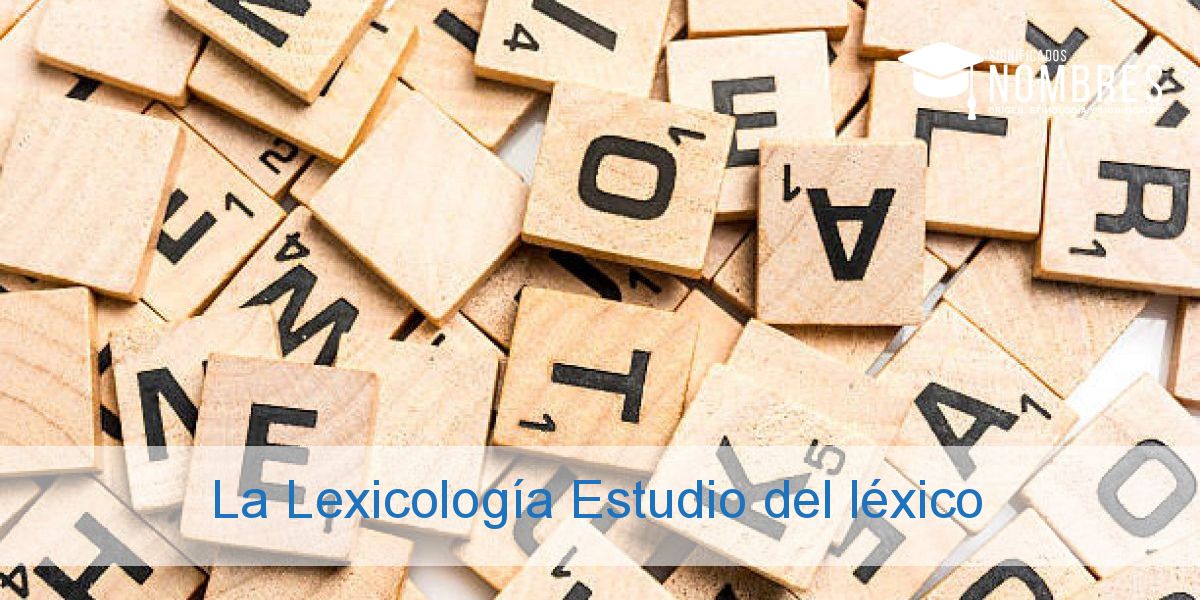Within the study of words, it is true that we have a good base which is the origin or meaning. But there is also that part of the lexicon, of the morphemes and of all those units that form the words. All this will be worth studying to better understand each language. Something that the Lexicology.
That is why we could not leave it behind, since, if we talk about meaning of the names, you also have to go through them to better understand each part. Hence, a linguistic science like this allows us to define and classify the units of the lexicon. Another important topic in our language!
What is lexicology?

Broadly speaking, we can say that lexicology is a linguistic science, or linguistics subdiscipline, which is responsible for studying vocabulary or lexicon, that is, morphemes and words in general. How could it be less, the origin of the word is Greek and can be translated as 'glossary'.
We are aware that the lexicon all those words that make up a language are called. So we talk about the vocabulary of it and those terms that are collected in the dictionary. Well, this discipline is in charge of its study, its analysis and its classification.
What does lexicology study?
It is true that knowing what it means, we already know what its role to play is. But to see it more clearly, we will tell you that lexicology it's mostly about etymology. Yes, she is also included in his study because the origin of the words in both concepts is sought. Also in the same field, historical linguistics is used, which, as we know, is the one in charge of studying languages and their changes due to the passage of time.
But, lexicology is also about relationships between words. On one side is the onomasiology that studies the relationship between the idea or meaning to the word or signifier. On the other hand, we find the so-called semasiology which is synonymous with semantics, that is, the study of the meaning of words. Finally, semantic relationships such as hyponyma, hyperonymy or synonyms and antonyms, also enter into the studies of lexicology.
The formation of new words
It is true that at the origin we can have great information about names or words in general. But you have to realize that the words that are part of lexical categories will combine to give rise to new formations. Here would enter the linguistic composition and derivation, which surely you have done many times in school. Like parasynthesis, it combined composition and derivation. All of this gives rise to new words that are also worth knowing.
Lexicography
Although they seem synonymous, they are not. In this case, we speak of lexicography when we mention an explanation of the words or a compilation of them, as in the case of dictionaries. From what we can say that it is a more theoretical part, which is responsible for developing these dictionaries. Although it is true that it has a theoretical and also practical part. From its origin what you are looking for is the explanation of each of the words but in a general way. While the lexicology went more to the details.
It must be clarified that it is not only focused on the elaboration of the dictionary as we have commented. But, studying his work a little more, it is also based on the structure, typology or certain links that words may have. So, in dictionaries we see information collected such as the word to be defined, in addition to etymological details, the morphology and word class.